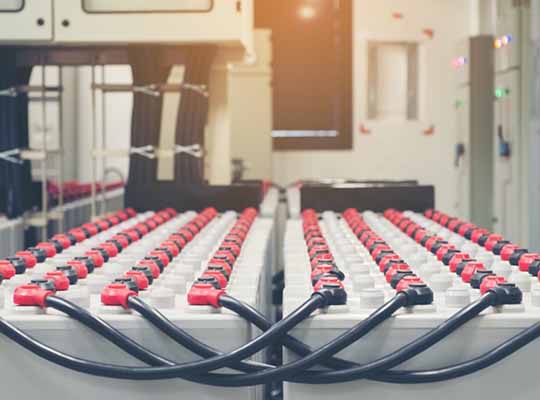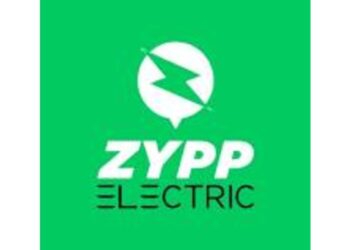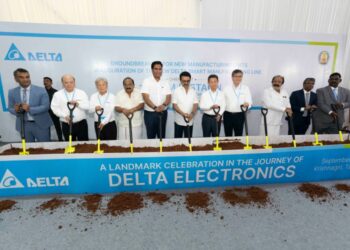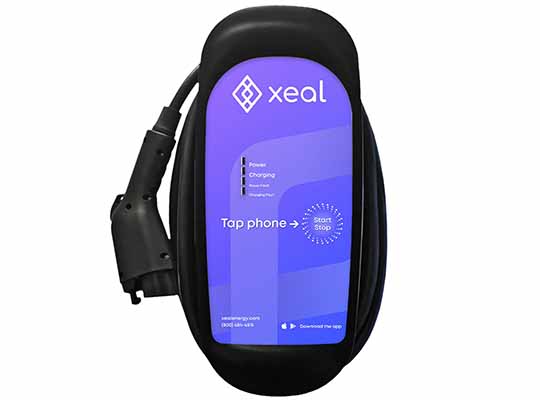NORTHBROOK : UL Solutions announced that BAE USA’s stationary lead-acid battery energy storage system is the first to be certified to the third edition of ANSI/CAN/UL 1973, the Standard for Batteries for Use in Stationary and Motive Auxiliary Power Applications.
BAE USA’s energy storage system underwent various electrical, mechanical and environmental tests before achieving certification to ANSI/CAN/UL 1973 and UL 9540, the Standard for Energy Storage Systems and Equipment. The system also met the fire safety testing performance criteria of UL 9540A, the Standard for Test Method for Evaluating Thermal Runaway Fire Propagation in Battery Energy Storage Systems.
ANSI/CAN/UL 1973 addresses lead-acid batteries through an evaluation program added to the Standard, which provides an alternative approach to evaluating valve-regulated or vented lead-acid or nickel-cadmium batteries for stationary applications. UL Solutions evaluated the energy storage system’s ability to safely withstand simulated abuse conditions, based on the manufacturer’s specified charge and discharge parameters, and for potentially hazardous hydrogen gas concentrations.
“Our testing and certification services help reduce the complexities of bringing better, safer battery energy storage systems to the global market,” Maurice Johnson, product manager, UL Solutions, said. “UL Solutions supports battery manufacturers in solving distinct public and product safety challenges associated with battery products. Issuing our first certification of a stationary lead-acid battery energy storage system from BAE USA is a testament to how quality and speed of innovation can work together to meet the needs of our customers while inspiring trust.”
“This certification allows BAE USA to deliver innovative lead-acid battery technology to the energy storage market,” Dan Hatch, president and CEO of BAE Batteries USA, said. “The UL Solutions team addressed our specific needs with a wealth of safety science expertise, enabling us to complete our development efforts.”












